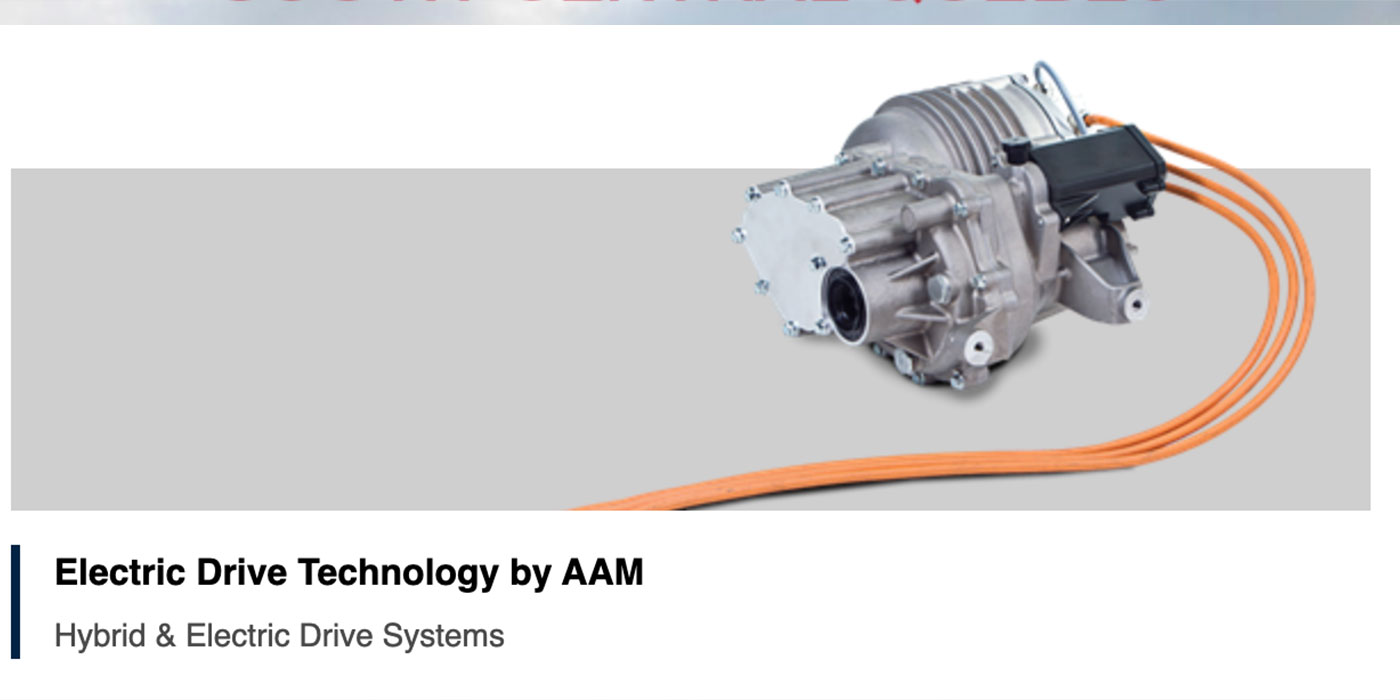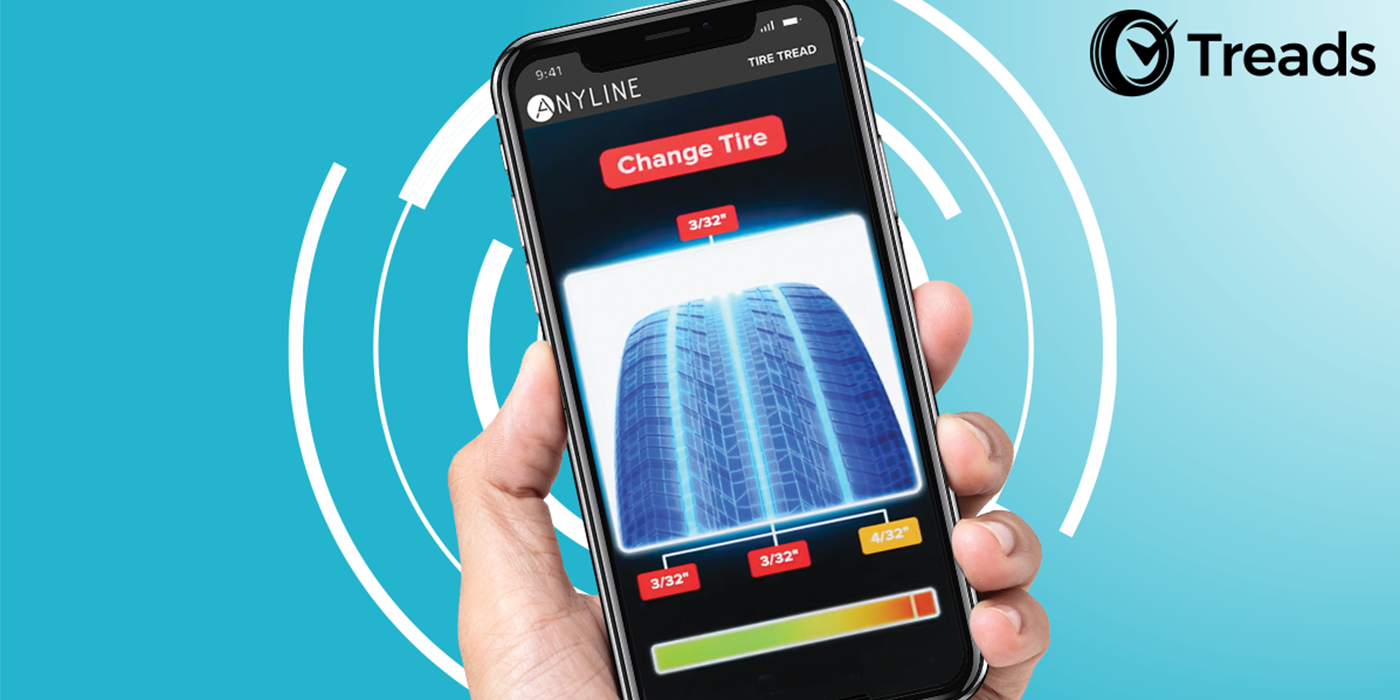As manufacturers and parts sellers strive to grow their parts businesses, channel conflict has emerged as a critical challenge. The channels through which parts are sold and distributed are as varied as they are complex, often leading to channel conflict, which occurs when sales channels within the same company or involving the same product compete against each other. This can lead to inefficiencies, confusion and reduced sales or profits.
The solution? A unified approach to parts technology.
Unified parts technology refers to the integration of various tools, platforms or systems to create a cohesive ecosystem that operates seamlessly across channels, such as the manufacturer enabling a direct-to-consumer presence to capture online consumer demand and passing that demand to be fulfilled through their distributors rather than internal warehousing.
This approach allows for manufacturers to grow with their network of wholesale buyers to grow market share. It can also help your business centralize data management, streamline communication, manage inventory, create a consistent customer experience, implement dynamic pricing and promotions, reduce overhead costs and provide better analytics and insights.
Harmonizing various channels through unified technology helps build a resilient and agile business model that can adapt to an ever-changing market.
Streamlining Operations to Achieve Economies of Scale
In the intricate ecosystem of parts manufacturing, large manufacturers are often seen as the titans that shape the industry. Their reach extends across multinational corporations and extensive supply chains, forming a complex web of relationships and dependencies that drive innovation and set trends.
However, this grand scale is not without its challenges and can lead to conflicts that are particularly detrimental to large-scale operations. Channel conflict becomes present when manufacturers implement a direct-to-consumer model to capture the DIY or small business consumer, creating friction with their distributors due to encroaching on market share. Failing to evolve as a manufacturer creates an issue as consumers may shop for other brands or change their buying decisions altogether.
Unifying parts technology can help manufacturers and distributors eliminate conflicts and enhance their operations by integrating various sales channels and creating a cohesive strategy inclusive of distributors.
For example, a large manufacturer sells primarily B2B through a network of distributors. Those distributors make decisions to develop their sales channels and grow market share.
A manufacturer’s unified technology strategy allows the prominent manufacturer to continue their B2B sales channel but also add direct-to-consumer and parsing that demand generation directly to their distributors for fulfillment. This evolution within our industry is connecting manufacturers, distributors, and end consumers, streamlining the speed at which we can service our customers.
This approach fosters transparency, allowing for better decision-making, a more agile response to market changes, and a competitive edge in an ever-changing landscape.
Tailoring Technology for Small Auto Parts Manufacturers
Small parts manufacturers may not have the scale of their larger counterparts, but their role is no less vital. Often more agile and responsive, small parts manufacturers provide essential services and products that keep the industry moving.
The challenges faced by limited resources, tighter margins and a need for rapid adaptation can make reaching economies of scale particularly challenging. Unlike large corporations, small manufacturers may not have the luxury of extensive teams and technology to navigate these challenges. However, by adopting a cohesive technology strategy that aligns with overall business goals, small manufacturers can streamline operations, eliminate friction and create a more efficient and customer-centric approach.
For example, a small manufacturer has an acute focus on quality products with limited technology resources. Adopting a total commerce solution to support its B2B operations and direct-to-consumer presence while tying in selective distributors can create a compounding effect, gaining marketing share and growing your brand presence.
Enhancing the Direct-to-Consumer Experience
The direct-to-consumer (D2C) model is a transformative approach to reshaping how parts manufacturers connect with their customers. Manufacturers can engage directly with end-users, offer a great buying experience and fulfill that demand through their existing distribution network.
In an industry where B2B has long been the norm, the rise of D2C presents both opportunities and challenges. It allows manufacturers to gain valuable insights into customer needs and preferences, fostering innovation and responsiveness. However, it also requires rethinking sales channel strategies, as D2C can create immense opportunity if treated properly.
By integrating D2C with existing channels and adopting a balanced approach, manufacturers, big and small, can create an ecosystem that benefits all stakeholders. This unified strategy ensures that D2C doesn’t compete with B2B but complements it, enhancing overall business growth and customer satisfaction.
Embracing a D2C model as a manufacturer is a testament to the industry’s adaptability and forward-thinking approach. It’s not just about reaching parts customers; it’s about understanding them, meeting their unique needs and building lasting relationships.
Bringing it All Together with a Unified Strategy
Manufacturers can create a cohesive ecosystem that supports overall business needs through unified parts technology. This approach enhances collaboration and fosters an improved seller and customer experience.
A unified strategy is about recognizing the unique value of each channel and leveraging it to create a synergistic effect that drives customer engagement and retention. By bringing together various channels and aligning them with a common goal, manufacturers can build a resilient and agile business model inclusive of their network that not only meets the demands of today but also paves the way for future growth.
Part of that unified strategy comes with creating synergies in your marketing messages. Marketing agencies are essential because they help manufacturers connect with their target audiences and ensure that a brand’s message resonates with its consumers. Whether demand generation is managed by manufacturers tor by wholesale distributors (WDs), it’s crucial to maintain a unified marketing strategy. If there’s a mismatch in messaging or misaligned goals across channels, it can cause confusion and weaken the brand’s presence.
For a seamless marketing approach, manufacturers should consider partnering with agencies with parts expertise and who are familiar with their technology. This ensures that marketing strategies align with consistent messaging across all distribution channels.
The Future of Automotive Manufacturers
The future of the aftermarket is now. Through technology, manufacturers can build a complete total commerce solution that provides control and informative macro data for strategic decision-making. This will enable your customer base to buy directly from you while leveraging your distributor network to service each customer quickly and efficiently.
You no longer need a large technology team with a significant payroll to carry out a world-class B2B and D2C strategy. Leverage expertise to ensure your plan to service B2B and D2C customers captures incremental opportunity to grow with your network and build your brand presence.
Gideon Williams earned his MBA at the University of North Florida in Jacksonville and began his career in automotive parts e-commerce at The Parts House & XL Parts. Through his experience, he is passionate about leading manufacturers through a digital parts eCommerce transformation to be positioned for a profitable future. Williams currently leads RevolutionParts’s business development efforts with aftermarket manufacturers.














